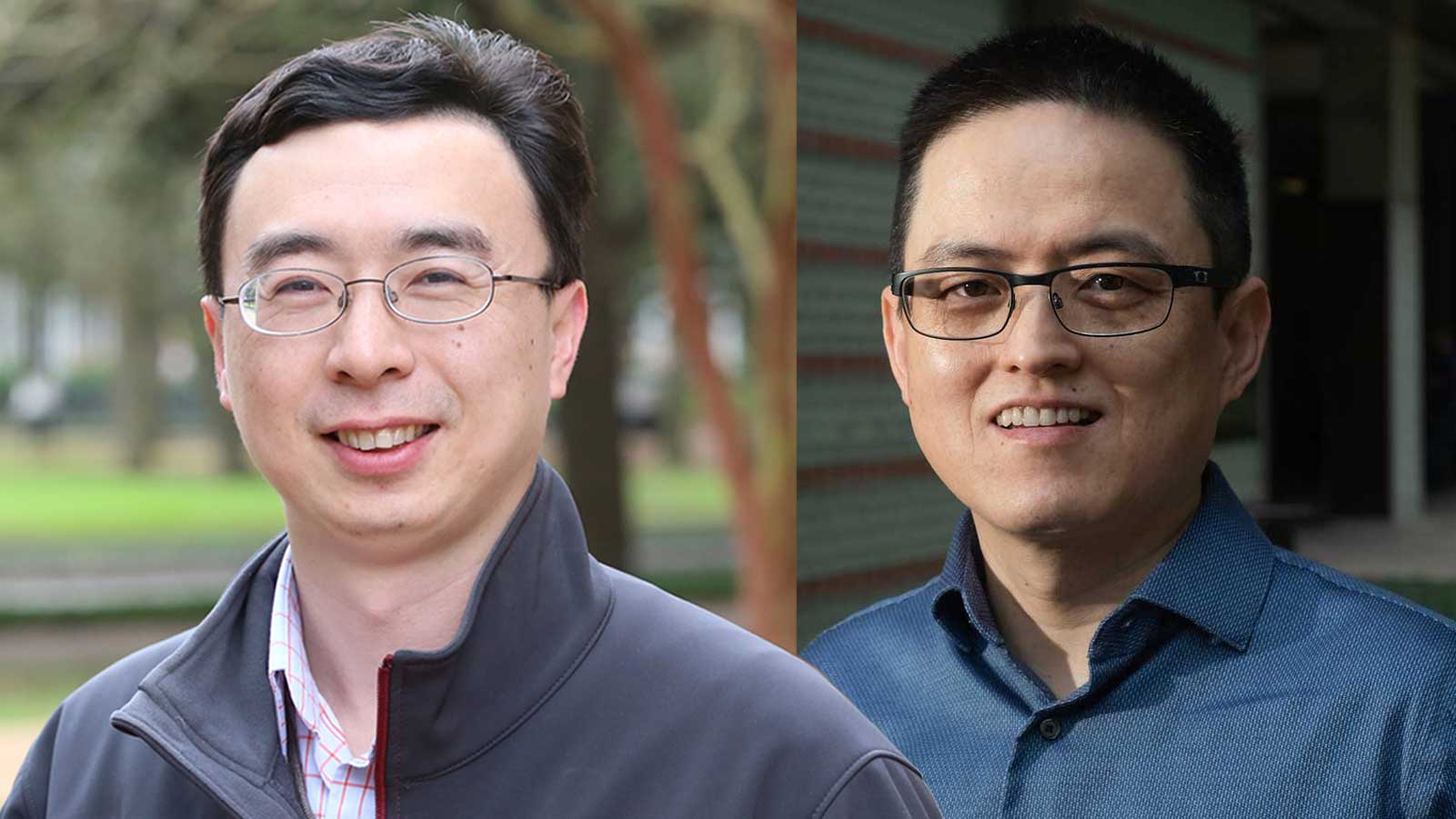Students in Rice University’s professional master of Material Sciences and NanoEngineering (MMSNE) program are steeped in research activities with renowned faculty members as well as real world projects with tools and outcomes that can be leveraged into industry careers.
Because the department has faculty members who are active researchers, every MMSNE student can be matched with a professor who will welcome their participation in the lab. And while this research experience can strengthen a Ph.D. application, the opportunity to turn theory into tangible outcomes inspires some students to pursue industry careers instead.
“Our program combines a holistic approach with interesting projects,” said MSNE associate professor Ming Tang, who meets individually with new students to determine their interests. The students he meets fall into three camps: those intent on an industry career, the students who hope to pursue a Ph.D. but need more authentic research experience, or and those who are open to exploring both options.
“One of the benefits of our MMSNE program is its built-in buffer period. Our students have time to learn more about their career choices while advancing their knowledge in the field and preparing for that next step,” said Tang.
“Even if they are focused on an industry, the research requirement is a way to develop skills which will help them in those industry careers. They are not just completing the work for credit, they are learning a skill set that is valuable to employers. And the hands-on research experience they can claim when they arrive at a job makes them more competitive for advancement than their colleagues without research.”
Tang, who is enthusiastic about helping each student identify their strengths, said some of the new MMSNE students arrive with the long-term goal of completing a Ph.D. but are unsure of their path or career options after that. Rice’s faculty or alumni connections in both academia and industry provide valuable career insights, and the program itself provides the training and qualifications necessary to compete well in Ph.D. programs around the world.
Jun Lou, MSNE professor and the department’s associate chair, also engages with individual students and is equally passionate about helping each one identify the courses and activities that best match their goals.
He said, “Our students came to us with a very diverse background. Some of them have already been working in industry for a number of years and are looking for educational opportunities to advance their careers. For these students, we work closely with them to design the research project based courses best aligned with their everyday job. These efforts have been well appreciated by students and led to very positive impacts on our students’ careers.”
Tang encourages students planning to look for industry jobs to consider the skill set they want to develop to help in their job search. “We give them different opportunities, like learning widely-used computation packages and incorporating them to accomplish a modeling project, for example,” he said.
“Some students are interested in machine learning, which is a very good skill. There are many job openings for ML and data analytics. If that is something they want to learn, we help them tailor their MMSNE program to meet those goals. Using these tools for appropriate projects also trains them in the platform and builds their confidence.”
To learn more about program requirements and coursework, visit the Department of Materials Science and NanoEngineering.

